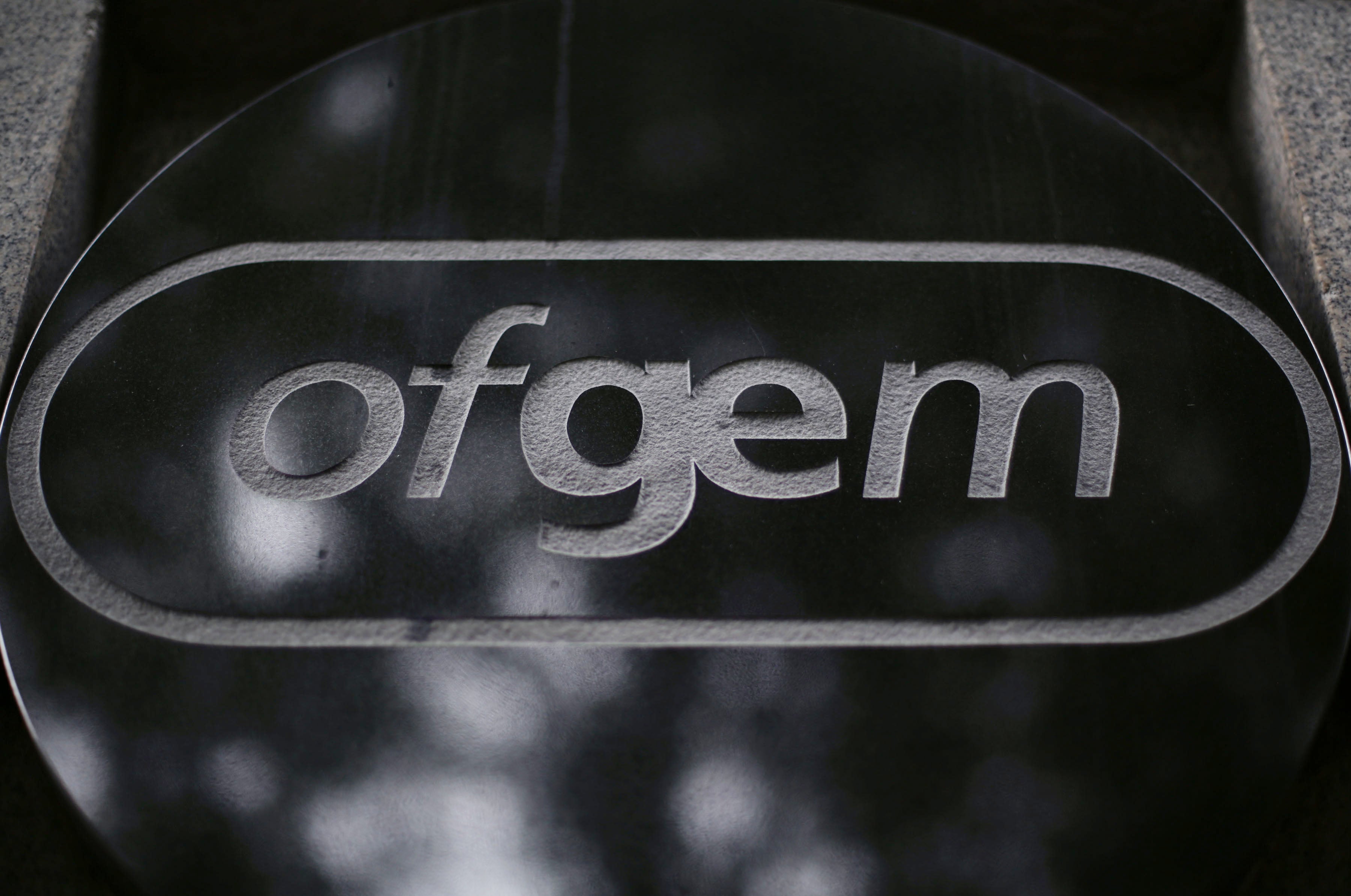Why is Ofgem planning to overhaul the energy price cap?
Ofgem has unveiled a blueprint for what could become the most wide-ranging changes to Britain’s energy supply market since 2019.

Your support helps us to tell the story
From reproductive rights to climate change to Big Tech, The Independent is on the ground when the story is developing. Whether it's investigating the financials of Elon Musk's pro-Trump PAC or producing our latest documentary, 'The A Word', which shines a light on the American women fighting for reproductive rights, we know how important it is to parse out the facts from the messaging.
At such a critical moment in US history, we need reporters on the ground. Your donation allows us to keep sending journalists to speak to both sides of the story.
The Independent is trusted by Americans across the entire political spectrum. And unlike many other quality news outlets, we choose not to lock Americans out of our reporting and analysis with paywalls. We believe quality journalism should be available to everyone, paid for by those who can afford it.
Your support makes all the difference.As dozens of energy suppliers collapsed in recent months, pressure started building on the energy regulator Ofgem to make changes to its policies.
Many experts have said that part of the problem is the price cap, which since 2019 has protected about 15 million households from paying unfair amounts for the energy they use.
So on Wednesday Ofgem set out a series of potential changes that could ensure that the system works better in future.
Why does Ofgem want to change how the price cap works?
Since the start of this year the price that your energy supplier has to pay to buy gas has spiked around fivefold, a lot of this change has happened since September.
Yet what suppliers can charge households is limited by the energy price cap, meaning they cannot pass on these rising costs to you.
This has meant that businesses are selling gas to their customers at a massive loss, causing more than two dozen to go bust since the start of September.
Ultimately the cost of these failures could run into billions of pounds, money that will eventually be paid by households.
Ofgem wants to make changes to the price cap so that massive price rises will not result in large numbers of failures in the future.
What changes have been proposed?
Ofgem has, among other things, proposed three short-term fixes and three long-term solutions, all of which could help take the pressure off the market.
These range from ensuring that energy customers have to sign up to a fixed-term contract if they are on the price cap, to Ofgem increasing the number of times it reviews the price cap from two to four times a year.
When will the proposals come into force?
The regulator is currently consulting on what is the best option or options to take.
It will finish consulting in January and make an announcement in February.
Short-term fixes will come into force in April, while the long-term solutions will start in October.
Will we need new laws?
Probably not. Ofgem believes it can cover all of the proposed changes within existing legislation.